Active Listening

During our recent mid-term mentoring workshops for pre-teens and teenagers, one of our major areas of focus was “Active Listening”.
I asked the participants at the workshop to define what active listening was and for them to differentiate it from listening and hearing, as it relates to conversations with their parents.
Their responses were very insightful which has inspired this write up to help teens and parents to work at improving their “Active Listening” skills.
Hearing
In the simplest of definition, hearing is the process, function, or power of perceiving sounds. To perceive, means to be aware of the sound, not necessary the message the sound is trying to convey. We hear with our ears, the sound coming from what someone is saying, music playing, teacher’s instructions and what our parents are saying.
Listening
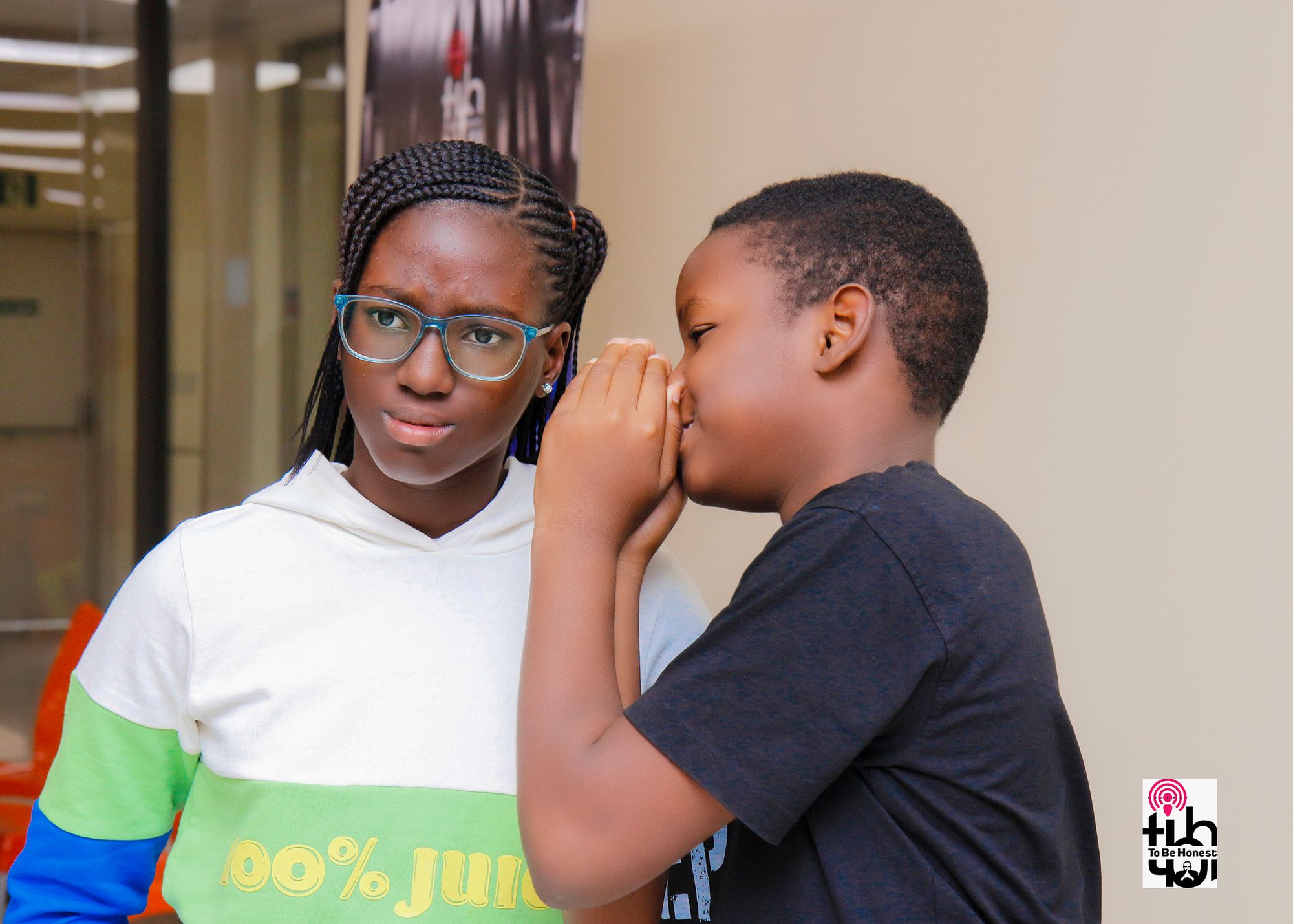
Listening on the other hand is the ability to accurately receive and interpret messages in the communication process. When listening, a person not only hears what others are saying but tries to understand what it means.
Active listening
"Active Listening is a communication skill that involves going beyond simply hearing the words that another person speaks but also seeking to understand the meaning and intent behind what is said, accurately. It requires being an active participant in the communication process” (https://www.verywellmind.com).
We hear with our ear; we listen with our 5 senses, plus our heart.
How Can We Be Active in Our Listening?
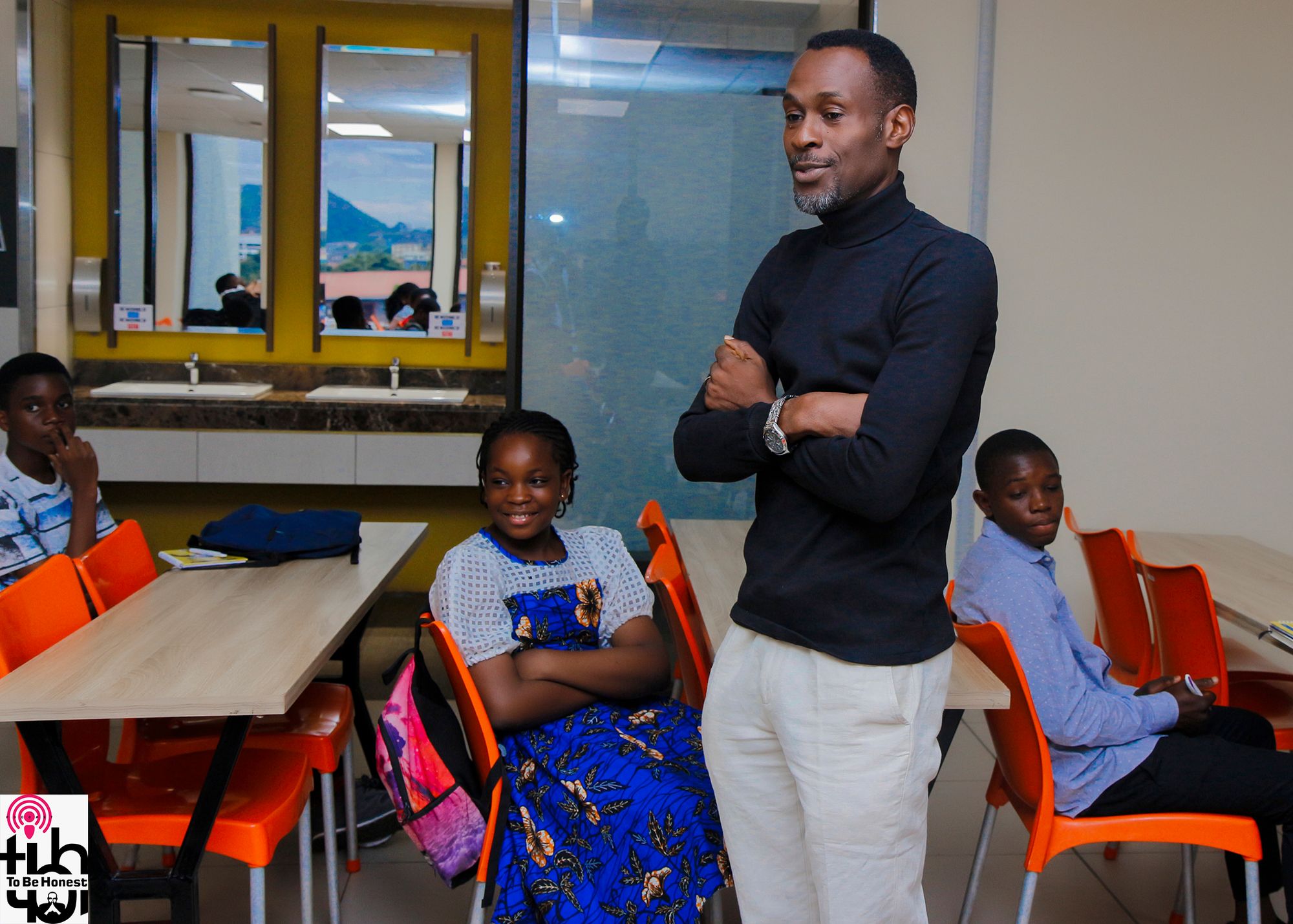
1.Pay attention: Most times teens find it very difficult to look at their parents during conversations. Some say they do this out of respect as some culture frowns at teens making eye contact with parents or elders during a conversation. But for a teenager to actively listen to their parents during a conversation, one must pay attention to their parent which in most times includes making eye contact. Research shows that looking at the speaker during a conversation, activates the prefrontal cortex of our brain, the area responsible for decision-making, attention, and other complex cognitive behaviors. As much as 65% of a person's communication is unspoken, and not paying attention would mean missing out on 65% of the message passed.
2. Body Language: Unlike hearing which we do with our ears, active listening involves our 5 senses plus our heart. With proper eye contact from paying attention, we consciously and unconsciously listen to the speaker with our body language and positioning. Most of the teens at the workshop admitted that most times when their parents are talking to them and they are not ready to listen, they reflect this to their parents through their body language, even when they say “Yes, mum/dad, I’m listening", their body language give them away and this always offends their parents. Any teenager that wants to be good at active listening must also practice listening with their body language. You demonstrate to the person talking that not only are you paying attention, but you mirror their body language, capturing the emotions behind their message. You allow them finish without interrupting them. Not an easy thing to do in today's world where everyone is in a hurry right? (smiling).
3. Be non-judgmental and ask questions to be sure you understand: active listening is more about the person talking that they are fully understood, than the person who they are talking to. The truth is, we all want to be heard. It feels very good when you know you’ve been heard and understood by an active listener. Most of the teens at the workshop kept saying “Uncle Kris, our parents just don’t get it”, “they don’t listen to us”. While I agreed with them, we were also able to demonstrate that they also don’t get it and may also have not been listening to their parents actively. In active listening, you won’t form an opinion, not until you’ve fully understood what the speaker is saying, with questions asked to clarify your understanding that it aligns with theirs. You don’t have a response even while they are halfway through their narration. You must allow the speaker finish, ask them questions, reframe words if you must that can help both parties align on what has been said, heard and understood. Easier said than done, but trust me if you practice this, it would be worth it in the end.
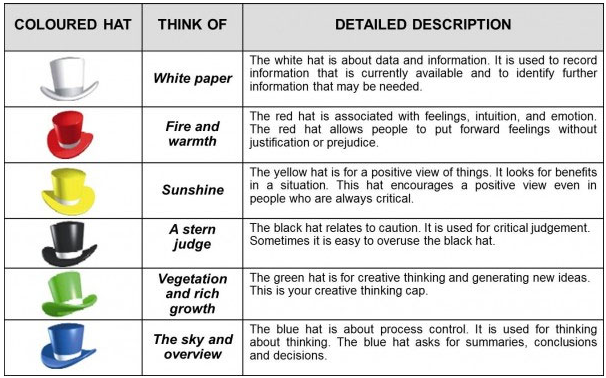
4. Last but not the least, respond from the speaker’s perspective: In his book, "The 6 Thinking Hat", Ed de Bono, talked about a way of investigating an issue from a variety of perspectives, but in a clear, conflict-free way.
The 6 hats are logic, emotion, caution, optimism, creativity, and control. By wearing each hat, the person, listening, ensures that they are considering what is been said from the speaker’s perspective. Parents would always have a perspective that is different from teenagers and vice versa. So, during active listening, when parents are talking and teens are listening, teens should first make the effort to connect to their parent’s perspective, and if need be, parents should do the same too. It is from the point of well understood perspectives, that the hearer, now gives their suggestions, summary, and recommendations, if need be.
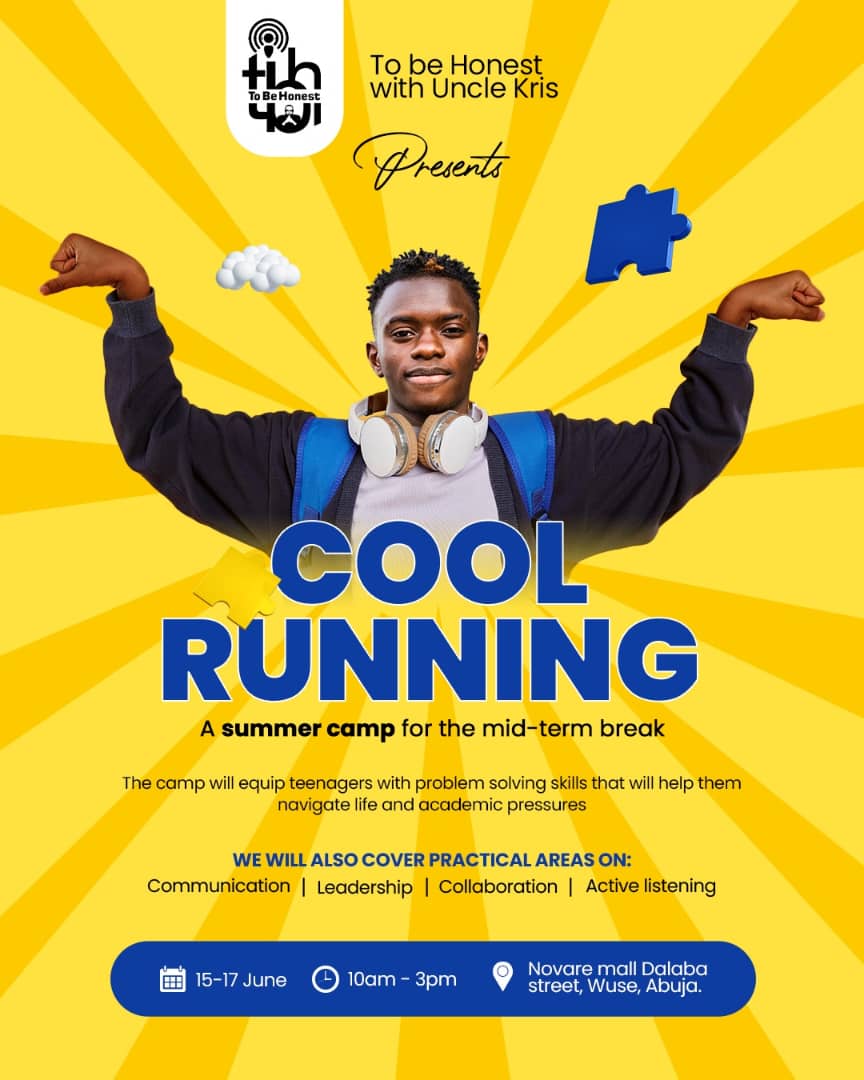
This made for an interesting discussion during the workshop as teens kept going on and on about their parents being the problem and not them, when it comes to active listening. It was an intense discussion to navigate, and my simple response or conclusion was, my goal is not to find out who is at fault, but to get us all to improve on our active listening skills so we can improve our relationship with our parents.
I did not exhaust the list, I only suggested 4 ways of improving our active listening skill, please feel free to share your thoughts and add to the list.
Hang on, why is it important for us to improve our active listening skills as teens and young adults?🙄
Because active Listening has the following advantages
· Active Listening builds Trust and Strong Relationships between Parents and Teens.
· Active Listening Can Help to Resolve Conflict between Parents and Teens.
· Active Listening helps parents and teens improve on their knowledge of each other.
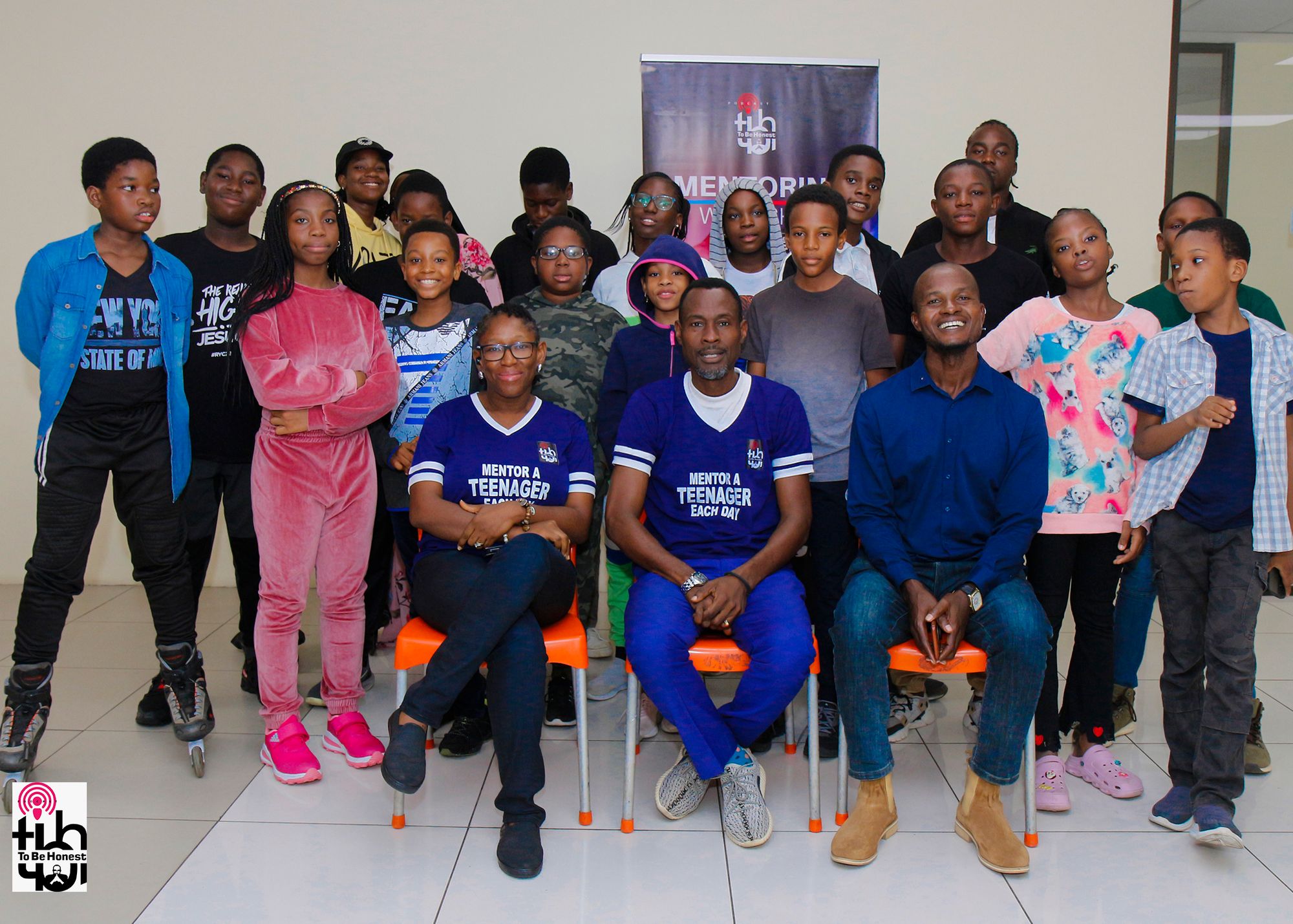
Thank you for reading, please drop a comment, like and share this post.
If you would like to partner with us on our summer mentoring workshop as a corporate sponsor or facilitator, do let us know.
Thank you.

